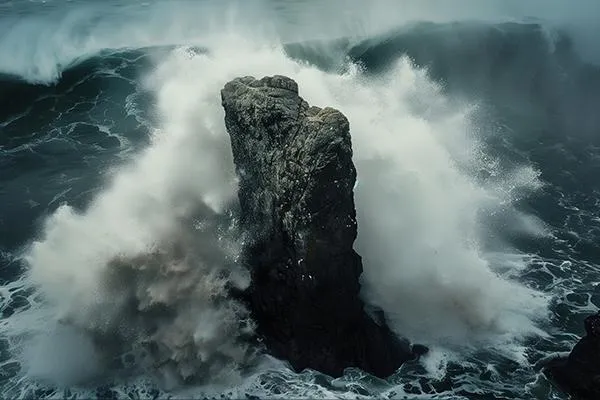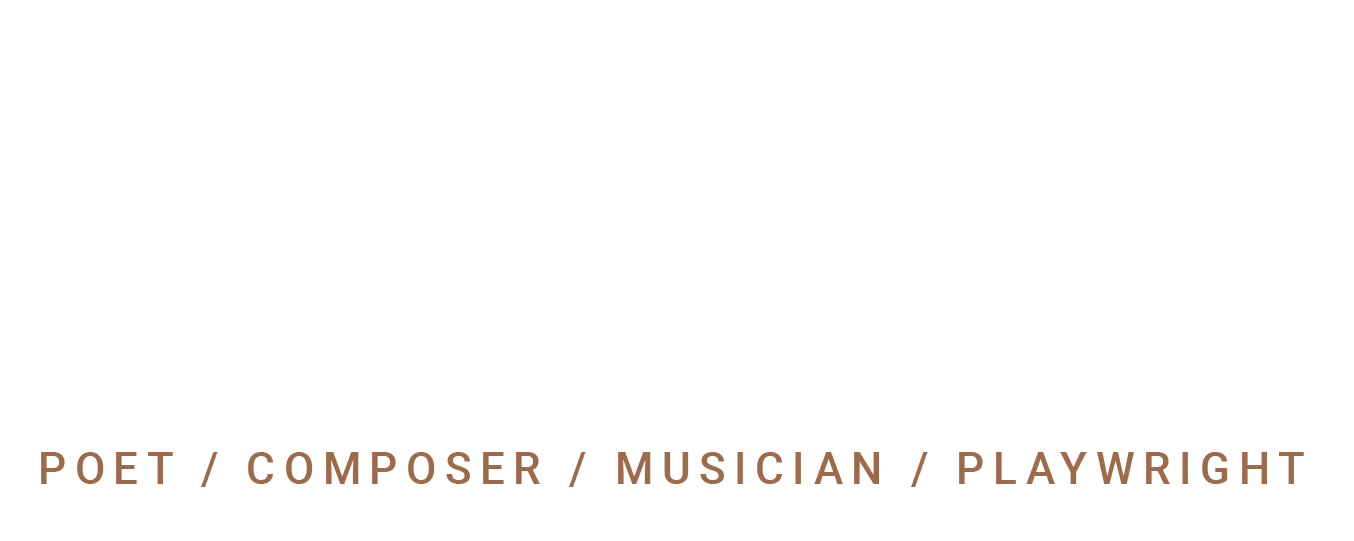Blog

The Surge and Jean Moulin
Gibraltar, that is your motto, and why not, for have you not stood firm like a rock in the sea surge.
Robert Graves, Goodbye to All That, Seigfried Sasson, The War Poems, Eric Maria Remarque, All Quite on the Western Front and Ernst Junger, Storm of Steel (the quote above is from the Storm of Steel). All these men fought in the First World War, the first two for the British, the latter for the Germans. If you took their names off the covers of their books you wouldn’t be able to tell which side they were on when they describe what it was like at the front. Though trenchant observers of the brutality of the war they were different types of men. Graves, Sassoon and Remarque were antiwar but they served and were wounded. Junger’s book was not anti-war and his writing was strangely unemotional but vivid. Sassoon and Junger displayed suicidal bravery under fire.
But in all these armies, the combatants fought and died in groups which is the long standing hallmark of battle. What could be the reason, the ideology, that motivated the great armies of the first and second world wars to kill each other in their tens of millions? Moreover, what makes soldiers make last stands, such as the Greek army at Thermopylae, the Swiss guards during the sack of Rome and the old guard at the battle of Waterloo, rather than retreating or surrendering and thus saving their lives? These heroic actions tend to take on a life of their own as countries, all countries tend to appropriate these blood feasts as examples of the national character and extolls the self-attributed traits of bravery and sacrifice for the greater good. The concept of Esprit de Corps is created on the battle field, and indeed for Australia ‘mateship’ was born during the fighting at Gallipoli, and was symbolised by loyalty, friendship, bonding and a sense of duty.
But history past and present, shows that male bonding in war was not always chaste as evidenced by the volunteer armies of ancient Greece where homosexuality was accepted and considered to promote morale in the ranks. The Sacred Band of the ancient city of Thebes for example was made up of 150 male couples. These men were an elite force and their role in battle was to attack the leaders of the opposing army and kill them. High end courage by any standard. They were eventually exterminated by Alexander the Great and his father Phillip at the battle of Chaeronea in 338 BC when the Sacred Band refused to surrender after the Theban army was beaten. Archaeological evidence at the battle site shows that many couples were buried together holding hands.
But not only military forces make heroic stands. My poem Melos, refers, among other things, to the Melians response to Athenian envoys demanding that they abandon their neutrality during the Peloponnesian War. Even after the Athenians promised to destroy the population if they rejected the Athenian demands and knowing they could not beat the Athenian force they still refused to surrender their right to self-determination. Consequently, the Athenians attacked with their superior forces and after a brief siege defeated the Melians and then proceeded to make good on their promise, killing all the men on the island and selling all the women and children into slavery. Another sterling example of the dark side of national traits shared by all countries.
But in war humans flock together in the face of danger, perceived or otherwise and shelter together under banners of glib slogans designed both to demonise the opposing side (who is doing the same) and to maintain commitment to the fight even if the enthusiasm becomes increasingly wan. And then we have those individuals who will not bend from their values and who live their values faithfully unto the death.
Jean Moulin was born in France in 1899 and trained as a lawyer before entering the civil service.
When the German army entered his region during the second world war, they demanded that he sign a document claiming that African troops in the French army had committed war crimes. He refused and was arrested. Fearing that he might break under torture and sign the document he attempted suicide by cutting his throat. A guard found him and he survived. That alone tells you something about the man. After his release he became active in the Resistance, and after going to London, the head of the free French, Charles De Gaulle sent him back to France to reorganise the various and independent Resistance forces. He was betrayed in Lyon and captured by the Gestapo whose leader, Klaus Barbie, personally enjoyed torturing prisoners. Refusing to divulge the names of Resistance members he was tortured by Barbie daily for three weeks. He did not succumb. He was then sent to Paris where he was again tortured and again he did not succumb. He was then sent to Germany in June 1943 but died on the journey as a result of his horrific wounds. After the war Barbie was shielded by American forces who recruited him into their intelligence operations. Fearing he would be taken by the French they helped Barbie to escape to South America. Another sterling example of nations that live their values.
How is it possible that one person could have endured under such barbarism whilst maintaining the courage to live his values faithful even unto death?
Gibraltar, that is your motto, and why not, for have you not stood firm like a rock in the sea surge.
When you think yourself brave, pause and think of that Gibraltar, think of Jean Moulin
Love my words?
Stay inspired! Subscribe to my newsletter for poetry, up-coming events and creative insights
— straight to your inbox!








